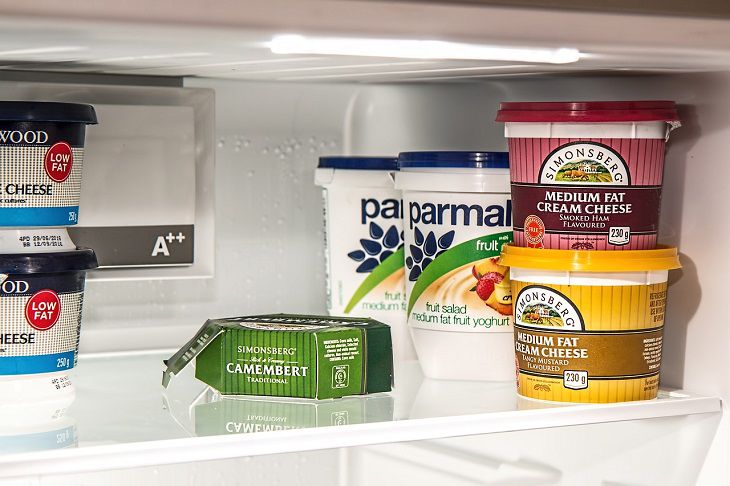There are so many foods you can buy these days, so it's pretty easy to feel confused or even lost when doing grocery shopping.
To help you buy all essential foods and avoid unhealthy treats, it's usually better to make a plan in advance and follow it.
Here are a few tips on foods you should always keep in your fridge.
Fresh Vegetables
Storing a range of fresh vegetables allows you to incorporate them into salads, stir-fries, side dishes, or snacking.
Opt for versatile options like leafy greens (spinach, kale), bell peppers, carrots, broccoli, and cauliflower.

These vegetables provide essential vitamins, minerals, and fiber for a well-balanced diet.
Fresh Fruits
Filling your fridge with a selection of fresh fruits offers healthy snacking alternatives and versatile ingredients for smoothies, desserts, or toppings.
Keep a variety of fruits like berries, citrus fruits, apples, and grapes, which provide an array of vitamins, antioxidants, and natural sweetness.
Eggs
Eggs are a versatile protein source and can be used in various dishes, from breakfast to dinner.
They are rich in essential amino acids, vitamins, and minerals.
Ensure you store them in their original carton to maintain their freshness.
Dairy Products
Milk, yogurt, and cheese are essential dairy products that offer calcium, protein, and other nutrients.
Milk can be used for beverages, cereal, or cooking. Yogurt provides probiotics and can be enjoyed as a snack or added to smoothies and recipes.
Cheese adds flavor and can be used in sandwiches, pasta, or salads.
Lean Proteins
Having lean proteins in your fridge, such as skinless chicken breast, fish fillets, or tofu, ensures a convenient source of protein for your meals.
These options can be grilled, baked, or stir-fried, providing essential amino acids, omega-3 fatty acids, and other nutrients.
Proper storage and safe handling of proteins are crucial to prevent foodborne illnesses.









